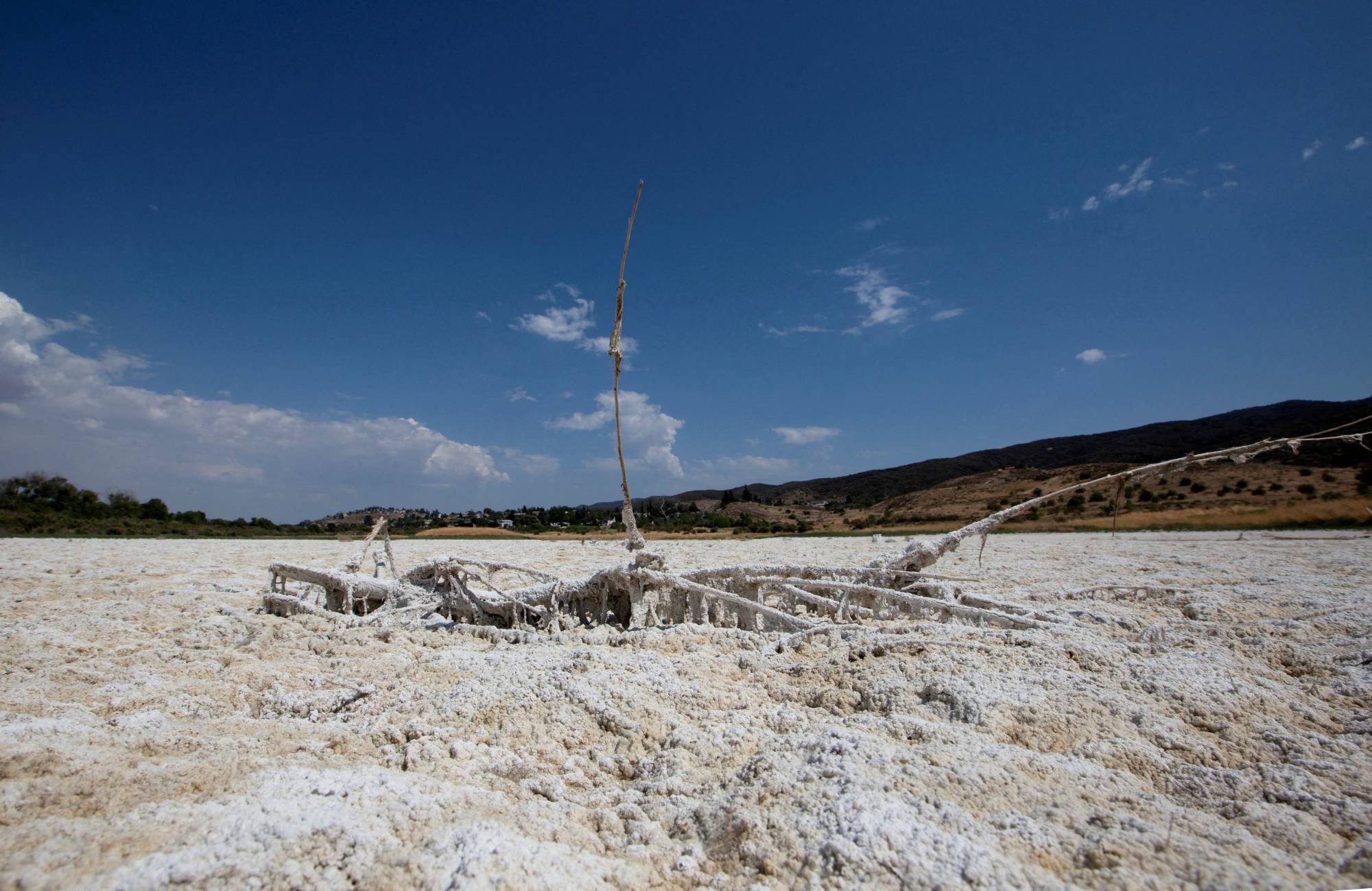More than half of the world's large lakes and reservoirs have shrunk since the early 1990s, chiefly because of climate change, intensifying concerns about water for agriculture, hydropower and human consumption, a study published on Thursday found.
A team of international researchers reported that some of the world's most important freshwater sources — from the Caspian Sea between Europe and Asia to South America's Lake Titicaca — lost water at a cumulative rate of around 22 gigatons per year for nearly three decades. That's about 17 times the volume of Lake Mead, the United States' largest reservoir.
Fangfang Yao, a surface hydrologist at the University of Virginia who led the study in the journal Science, said 56% of the decline in natural lakes was driven by climate warming and human consumption, with warming "the larger share of that."



